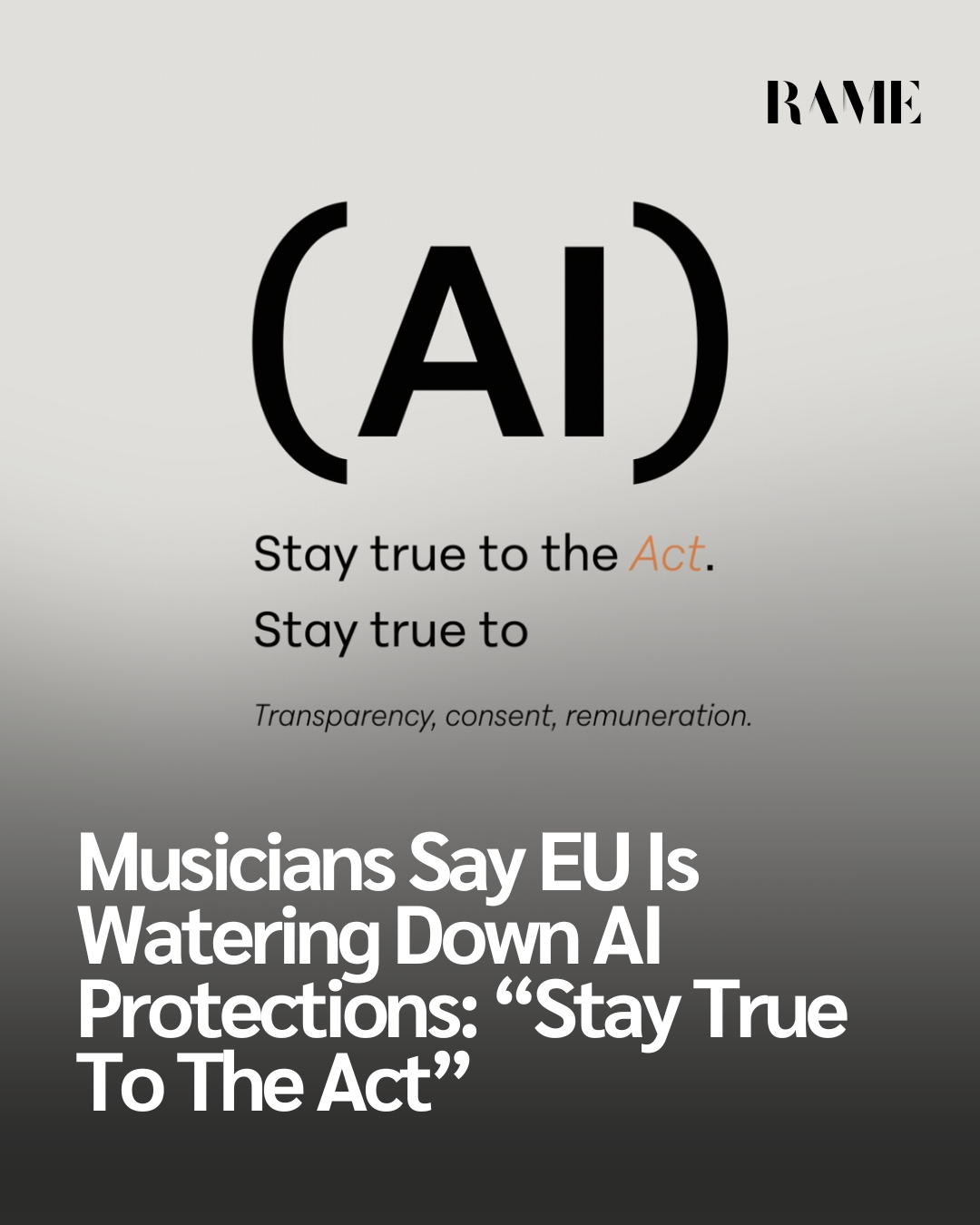The Battle for Transparency in AI: Musicians Push Back
More than 30 European musicians have taken to video and social media to make one thing clear: they’re not okay with how the European Union is handling AI regulation. The target of their frustration is the EU’s landmark AI Act specifically, how it’s being implemented. Artists say the Act, passed to protect their rights and creativity from being exploited by AI companies, is being diluted behind closed doors.
A campaign website titled Stay True To The Act has become the rallying point. The message? If AI developers are using artists’ work to train their models, creators deserve to know and have a say. Without that transparency, artists warn, generative AI will become a creative vampire, churning out content inspired by their work without consent, compensation, or even awareness.
What the AI Act Promised
When the EU AI Act passed in 2024, it was celebrated as a global first: comprehensive regulation of artificial intelligence across an entire economic bloc. It included explicit provisions meant to protect creators, particularly around training data transparency. That meant AI companies would have to publicly disclose what materials music, lyrics, videos, or otherwise they fed into their models.
One article was especially important to the creative industries. It stated that AI developers must “make publicly available a sufficiently detailed summary about the content used for training according to a template provided by the AI Office.” On paper, this gave copyright holders a potential lever. If their content was used without permission, they could pursue licensing negotiations or legal action.
But here’s the catch: laws aren’t self-enforcing. And as EU bureaucrats work through how the Act will actually function in practice, creators are watching those transparency requirements get weaker and murkier.
“Don’t Let This Be Hollow”: Artists Speak Out
In response, artists from across Europe – Portugal, Spain, Finland, Poland, and more are lending their voices to the Stay True To The Act campaign. Portuguese singer Tomas Wallenstein, Spanish songwriter Álex Ubago, and Poland’s Eurovision entrant Justyna Steczkowska are among the names urging EU leaders not to betray the law’s intent.
The campaign’s central video montage is blunt: “Artists are at risk of generative AI developers taking their music to train models without their consent… These AI models can then produce huge volumes of content based on an artist’s music without the artist having any control or even knowledge of it happening.”
Musicians argue this isn’t just about legal rights it’s about the erosion of creative agency. Without transparency, they can’t even begin to have a conversation about whether their work is being used ethically or not.
Music Industry Sounds the Alarm
Backing the campaign is a heavyweight coalition of trade bodies representing creators and rightsholders: AEPO-ARTIS, CISAC, EMMA, IAO, ICMP, IFPI, and IMPALA. These groups have been warning for months that the AI Act’s transparency clause risks being rendered toothless.
“The EU AI Act, passed in 2024, included groundbreaking provisions requiring AI developers to disclose the content used to train their models,” the groups said in a joint statement. “However, the EU is now working to put this law into practice and the legislation risks being watered down failing to hold AI companies to account.”
These organizations argue that without real disclosure obligations, copyright law becomes impossible to enforce. AI companies could scrape the internet for music, feed it into large language or diffusion models, and generate “new” content that is effectively derivative without the original artist even knowing it happened.
Why Transparency Matters
Here’s the thing: training data is the foundation of generative AI. If you want a model that mimics Mozart, it needs to study Mozart. The same goes for modern musicians. But if artists don’t know they’re being studied, they can’t opt out, challenge the use, or ask for fair payment.
Tech companies often counter that full disclosure isn’t feasible or could infringe on trade secrets. But transparency advocates push back: creators shouldn’t have to sacrifice their rights at the altar of AI efficiency.
“There’s a simple principle at stake,” says Maarten Haijer, Secretary General of CISAC. “If your work helped train a machine that now makes money, you should at least be told and ideally, be paid.”
What’s Next?
The European Commission is still finalizing how the AI Act will be implemented. For artists, the clock is ticking. The Stay True To The Act campaign is timed to influence those final decisions before loopholes become law.
Whether the Commission listens remains to be seen. But the fight has crystallized a bigger tension between innovation and rights, between Silicon Valley-style opacity and Europe’s traditional commitment to cultural protection.
Who Owns the Future of Music?
This isn’t just a bureaucratic skirmish in Brussels. It’s a signal of what’s to come across all creative industries. As AI-generated content floods the market, the question becomes unavoidable: who gets to benefit from the past work of human creators?
The EU AI Act was supposed to set a precedent for how democracies can regulate AI responsibly. If the implementation fails to protect the very people it promised to serve, that precedent crumbles.
The musicians have said their piece. Now, the EU has to decide: stay true to the act or let it become just another promise lost in translation.



